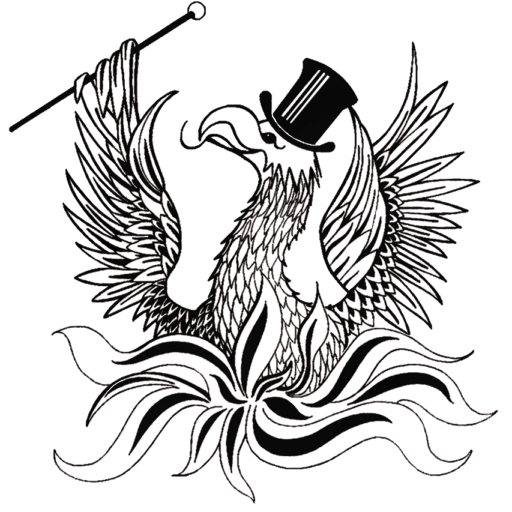Fun Facts about Theatre
-
The word 'thespian' comes from the first person to have taken the stage in Ancient Greece, Thespis. -
The word theatre comes from an ancient Greek word meaning a ‘place for seeing.’ -
Shakespeare's Globe is the only building in London allowed to have a thatched roof since the Great Fire in 1666 -
The character of Elphaba in Wicked was named after the author of The Wizard of Oz, L. Frank Baum
-
The Donmar Warehouse takes its name from Donald Albery and Margot Fonteyn who initially owned the warehouse as rehearsal space.
-
William Shakespeare once lived in a house on the present day site of The Barbican Centre
-
Beloved West End actor Brian Blessed has boxed with the Dalai Lama, survived a plane crash, delivered a baby in Richmond Park and remains the oldest man to have trekked the harsh climates of the North Pole.
-
‘Ghost lights’ are left on all night in many theatres. Whether this is a superstition depends on who you ask. A single bare bulb is left lit on the stage in many London theatres, so it is never completely dark. Some believe that this allows ghosts to perform at night, meaning they will spare the actors and not curse the production. Others say it is merely a health and safety measure to ensure no one falls into the orchestra pit after the company has left. You can choose which one to believe.
-
Saying ‘Macbeth’ in a theatre is bad luck unless you're performing or rehearsing the tragedy. It is believed to be deeply cursed. Instead, actors call it 'The Scottish Play.' According to legend, the actor playing Lady Macbeth in the first-ever performance of the play died suddenly, meaning Shakespeare himself had to play the role. In one performance, a real dagger was used instead of a prop, killing the actor. There were also audience riots at productions in 1721, 1772 and 1849, the latter allegedly leaving 22 dead. Probably best to play it safe and stick to ‘The Scottish Play’ inside theatres.
- It’s bad luck to whistle on stage. While this is another renowned stage superstition, there was an actual reason for this one’s inception. In early theatre, sailors used to be regularly hired to work in the theatres as riggers, stagehands and costumers. Their unique skills with knots, ropes and sewing made them highly sought after. So backstage – before headsets were used – stagehands used whistle commands that originated on ships to communicate. So actors whistling on stage could accidentally cause a premature curtain call, a backdrop being rolled out onto someone, or a prop being thrown in at the wrong time. We don’t use whistle cues any more – but the superstition has stood the test of time.
